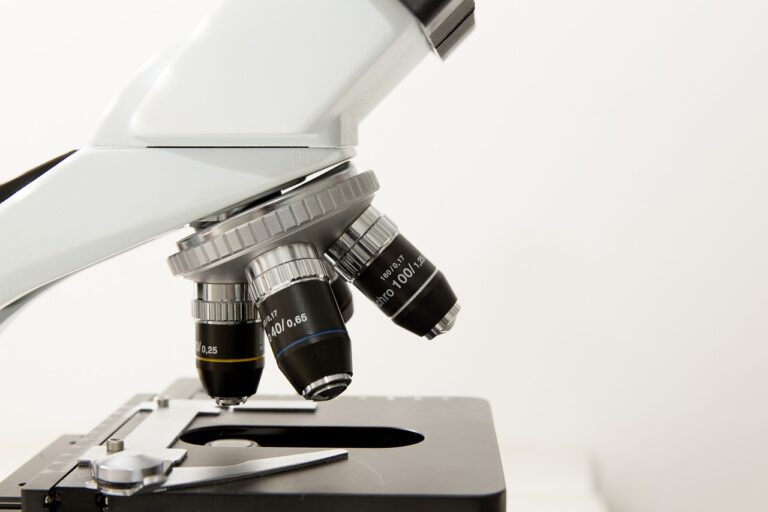The Importance of Hearing Health in Early Childhood Development
11xplay reddy login, gold365 registration, skyfair:Hearing health is a crucial aspect of early childhood development that is often overlooked. Many parents may not realize the impact that hearing loss can have on their child’s overall well-being and academic success. In this article, we will discuss the importance of hearing health in early childhood development and why it is essential to prioritize regular hearing screenings and interventions.
The ability to hear plays a significant role in a child’s language development, social interactions, and learning abilities. From the moment a child is born, they rely on their hearing to communicate with their parents, siblings, and peers. Hearing loss can lead to delays in speech and language development, as well as impact a child’s ability to engage with others effectively.
Studies have shown that children with untreated hearing loss may experience difficulties in school, including poor academic performance, behavior problems, and social isolation. These challenges can have long-lasting effects on a child’s self-esteem and overall quality of life. By prioritizing hearing health in early childhood, parents can help their child reach their full potential and thrive in all areas of development.
Regular hearing screenings are essential for early detection of hearing loss in children. The American Academy of Pediatrics recommends that all newborns undergo a hearing screening before leaving the hospital. Additional screenings should be conducted at regular intervals throughout childhood to monitor any changes in hearing health. If a hearing loss is identified, early intervention is key to providing the necessary support and resources to help a child overcome any challenges they may face.
In addition to regular screenings, parents can also take steps to protect their child’s hearing in everyday life. Limiting exposure to loud noises, such as concerts, fireworks, and power tools, can help prevent noise-induced hearing loss. Encouraging children to wear ear protection when necessary and modeling healthy hearing habits can also make a significant impact on their long-term hearing health.
As children grow and develop, it is essential to continue monitoring their hearing health and addressing any concerns that may arise. By working closely with healthcare providers and audiologists, parents can ensure that their child receives the best possible care and support for their hearing needs. Early intervention and access to appropriate resources can make a significant difference in a child’s ability to communicate, learn, and thrive in all areas of development.
In conclusion, hearing health is a crucial component of early childhood development that should not be overlooked. By prioritizing regular hearing screenings, interventions, and protection, parents can ensure that their child has the best possible chance to reach their full potential. Investing in hearing health early on can have a lasting impact on a child’s overall well-being and success in school and beyond.
FAQs:
Q: When should my child have their hearing screened?
A: The American Academy of Pediatrics recommends that all newborns have a hearing screening before leaving the hospital. Additional screenings should be conducted at regular intervals throughout childhood.
Q: What are some signs that my child may have hearing loss?
A: Some signs of hearing loss in children include difficulty following directions, speech delays, turning up the volume on electronic devices, and changes in behavior or social interactions.
Q: How can I protect my child’s hearing?
A: Limiting exposure to loud noises, encouraging the use of ear protection when necessary, and monitoring your child’s hearing health can help protect their hearing in everyday life.







